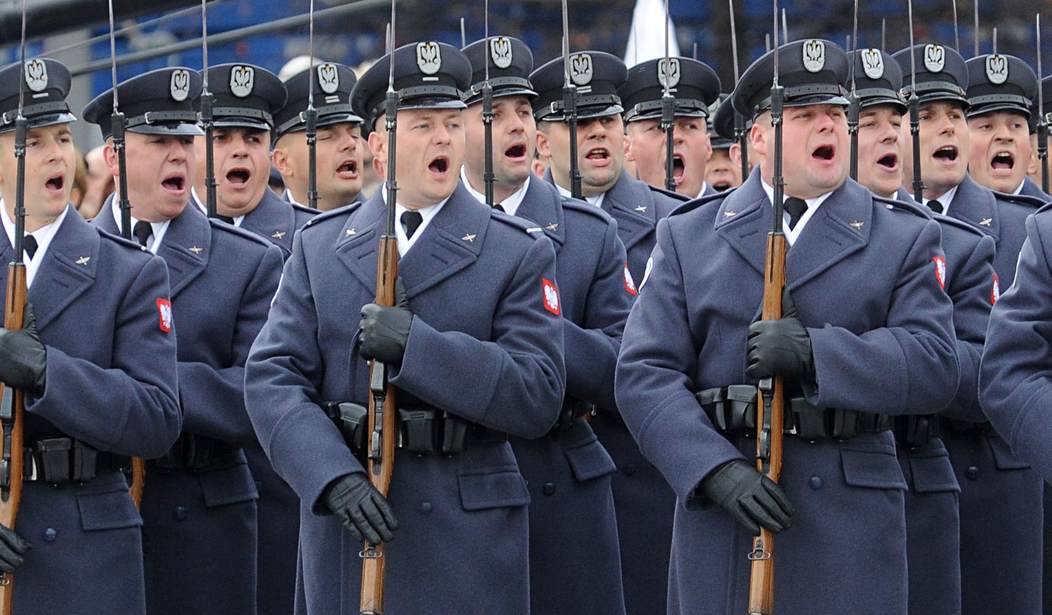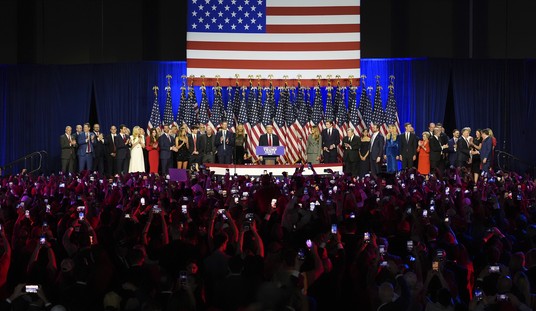All of a sudden, we are living in interesting times. Item No. 1:
Poland plans to increase the size of its army by 50 per cent to help “guarantee the integrity” of the nation’s borders. Under the plan the Polish army would grow from its current strength of 100,000 to 150,000 as the country continues to expand the capabilities of its armed forces. Poland has pledged to hit the unofficial Nato defence spending target of two per cent of GDP and has launched an intensive modernisation programme.
Speaking about the army, Michal Jach, head of the Polish parliament’s defence committee, said an increase in size was part of a “profound reform to achieve a level of operational capacity that would guarantee the integrity of the Polish borders”.
There’s that magic word again: borders.
The move reflects growing Polish security concerns. Poland has viewed with alarm the conflict in neighbouring Ukraine and the actions of what itconsiders as a revanchist Russia. Beata Szydlo, Poland’s new prime minister who took office this month following the victory of her Law and Justice party in October’s general election, has called Russia Poland’s “enemy”, and many in her government view Moscow with the deepest suspicions.
Antoni Macierewicz, the country’s new defence minister, has said he wants to rebuild the Polish armed forces “as fast as I can”. Mr Jach conceded that expanding the army by 50 per cent would be a complicated procedure, stressing that it “was not just about soldiers but also about equipment and barracks”. Along with increasing the size of the regular army, Poland also plans to create three territorial brigades to protect the country’s eastern flank.
Funny how hundreds of years of experience with an existential threat helps people not crazed by political correctness to take measures to protect themselves. Meanwhile, in France, which is just now realizing the extent of its Muslim problem, Item No. 2:
The terror attacks in Paris earlier this month left the nation reeling and the government struggling to respond, but it has also offered a political windfall to Marine Le Pen, leader of the National Front, France’s far-right political party. “This all plays in her favor,” said Nonna Mayer, head of research at France’s National Center for Scientific Research. “For years she has been hammering about the dangers of immigration, saying France could not welcome flows of refugees that are potential terrorists.”
The timing could pay dividends as early as next month, when French voters go to the polls in regional elections. Campaigns for local offices took a sharp turn toward security, immigration and related issues after the Islamic State’s Nov. 13 killing spree in the streets of the capital that claimed 130 lives and injured hundreds of others. “The attacks reinforced what she says about the fear of terrorism, the association between Islam and terrorism,” said Ms. Mayer. “Fear is highly efficient in raising the ratings of the National Front.”
One might say that reasonable fear of bodily harm or death has a way of concentrating the mind about what’s really important in life as well.
National Front candidates are now leading among the handful of parties on local ballots in France. A TNS Sofres opinion survey on Wednesday forecast that the party would garner 29 percent of the votes in the first round of local elections on Dec. 6. Political analyst Christophe Barbier estimated that the party gained as much as 10 percent in the polls after the attacks.
The French now have a choice: to stick to their values as Frenchmen, or to let fifth columnists try to convince them that their “real” values lie elsewhere. Allons, enfants, de la Patrie!









Join the conversation as a VIP Member